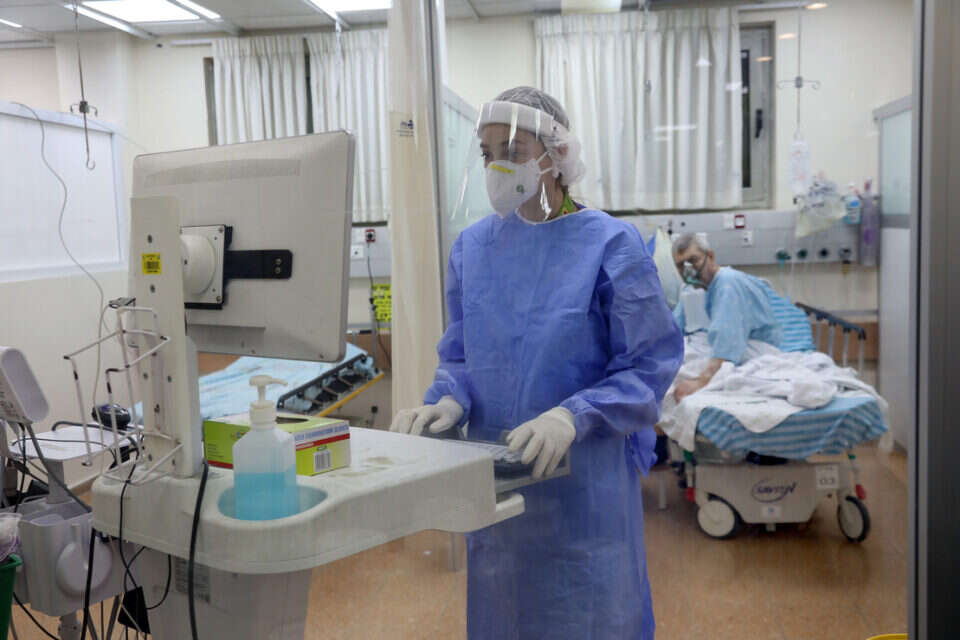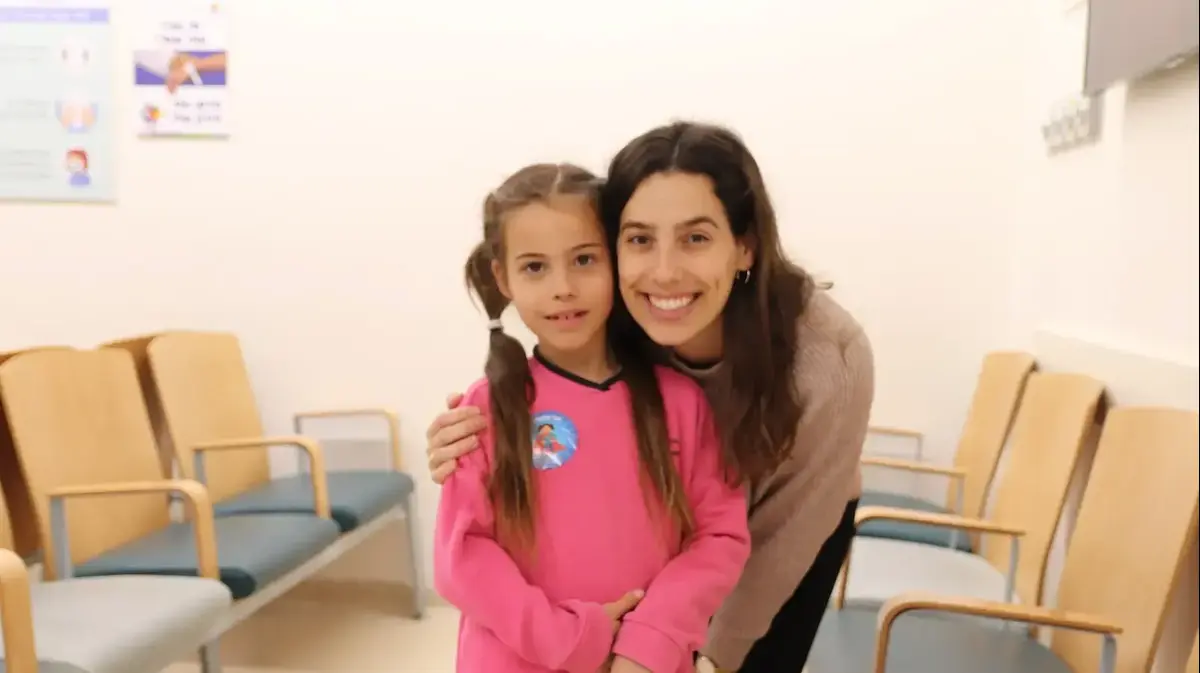It is enough that you enter for a moment an inpatient department at one of the medium and large hospitals around the country, and understand what the current winter is going to look like.
Occupancy of 120 percent has become a matter of routine, the old woman in the hallway already has an almost permanent bed.
This is the reality of hospitals in Israel in 2022, and the horizon - does not look more positive.
The corona loads on a system that is already stretched to the limit, on medical and nursing staff that is already experiencing an extreme load.
For years, the health care system has been crying out for the distress of the inpatient wards, and the conversion of some of them to the care of Corona patients is making the hospital's daily routine complex and difficult.
If we add to this the number of isolators among the medical staff in recent days, then one of our main concerns today is how to continue to maintain the continuum of care and medical quality we are used to giving.
Last winter, we had the "privilege" of dealing almost exclusively with Corona.
For various reasons, related to the biological mechanisms of the various viruses, there has been almost no influenza in Israel.
This year this is not the case.
For several months now, we have been seeing flu patients alongside other respiratory illnesses, winter illnesses and "normal" illnesses - in our emergency rooms, inpatient wards and, unfortunately, in intensive care as well.
So the significant question is can the load be avoided?
The whole system is harnessed for this benefit.
Doctors in the community began treatment with Paxlobid in order to prevent severe cases among the risk groups we are familiar with.
The State of Israel is again one of the first countries at the forefront of medicine to grant this medicine.
The decision to allow a fourth dose of vaccine also makes us once again the first country to try to protect at-risk populations, and give them the maximum protection envelope against a serious illness.
But the rate of infection of the omicron is fast, and even now we can say with high probability that a significant part of the population will get sick.
However, hospitalization for corona is not a fate.
All the data so far show that although the level of immunity decreases after four months or more, making us more vulnerable to the disease (and certainly in the face of the omicron strain) - still, most patients do not develop a serious illness.
I'm glad the immunization rate has gone up in recent days, and some people have already started making appointments for a fourth vaccine.
We must not give up and we must increase the effort of vaccines, because we have seen in previous waves - and probably also in this wave - that the disease is easier, and the complications are less severe among the vaccinated.
We are probably not facing a collapse of the health care system, but we can not continue to ignore the gaps in infrastructure, hospital beds and medical staffs - by any comparative measure between us and the countries of the Western world - and pretty much one hour earlier.
And if you have read this far, you must have realized that it is better not to meet in the corridors of the hospital.
Prof. Bader is the director of Kaplan Medical Center and Herzfeld Hospital.
Were we wrong?
Fixed!
If you found an error in the article, we'll be happy for you to share it with us














